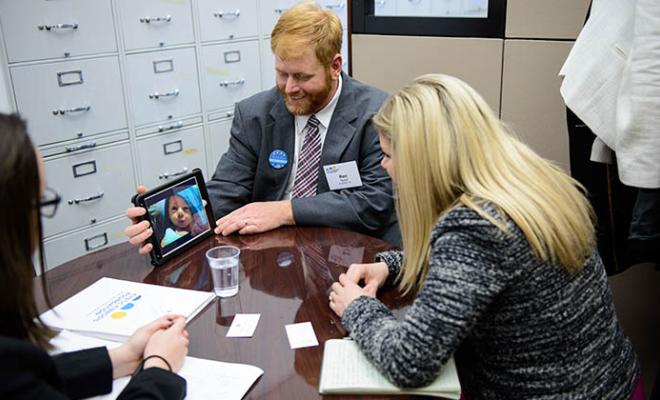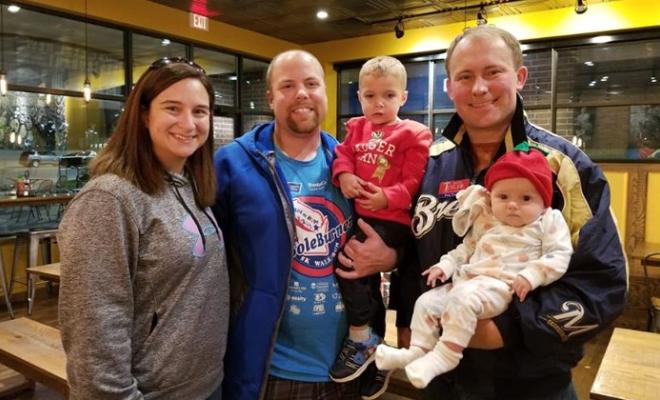My job at the Cystic Fibrosis Foundation is to help volunteers tell their cystic fibrosis story -- whether it is a person living with CF, a mother of a child with CF or a teen speaking on behalf of their sibling. I began this type of work over a decade ago as a political organizer and have helped many people find their voice and convey their message. Below are some tips and tricks to consider.
- Keep it brief: In most spaces, especially politics, you only have three to five minutes to tell your story. Sticking to one to two key talking points will allow you to get your point across in almost any situation. Have your elevator speech ready and if you have additional time, you can always elaborate. Three to five minutes can seem like a very long time or a very short time and that brings me to my next point…
- Practice out loud: Telling a compelling story is difficult without practice. Practice out loud -- in the shower or in the car. The first run might be rough, but don't worry, that's why you are practicing. Practice in front of an audience like your friends, co-workers or dog, and don't forget to elicit their feedback -- this is when your friends can be more helpful than your dog. Ask them what points, images, stories or facts resonated the most. It might surprise you to hear what others think are the most captivating details.
- Give specific, memorable examples: Most people do not know what cystic fibrosis is, let alone what it means to live with the disease. There is a difference between saying, "I take a lot of pills every day" and "I take 40 pills every day." Taking it one step further, there is a difference between showing a photo of 40 pills on a kitchen table and presenting a baggie of 40 skittles to visually represent 40 pills. All convey the same message but the latter examples are more likely to stick in the audience's mind.
- Tell your story from where you stand: As your CF journey continues, be sure to ask yourself, “Why is my perspective important?” I have heard personal stories conveying unbelievable hope -- weddings, births, job promotions, marathons, birthdays -- all occasions to celebrate, but these are especially poignant milestones for people with CF. Not every story is a happy story. Don't shy away from stories of sadness, desperation or grief. Sometimes these stories are the most powerful. Most important, be genuine.
CF is a really, really, really challenging disease to navigate. You already know this. Others don't. Talking about it, especially to someone in a position to help, can be empowering, exhilarating and exciting, and it can make a difference.





